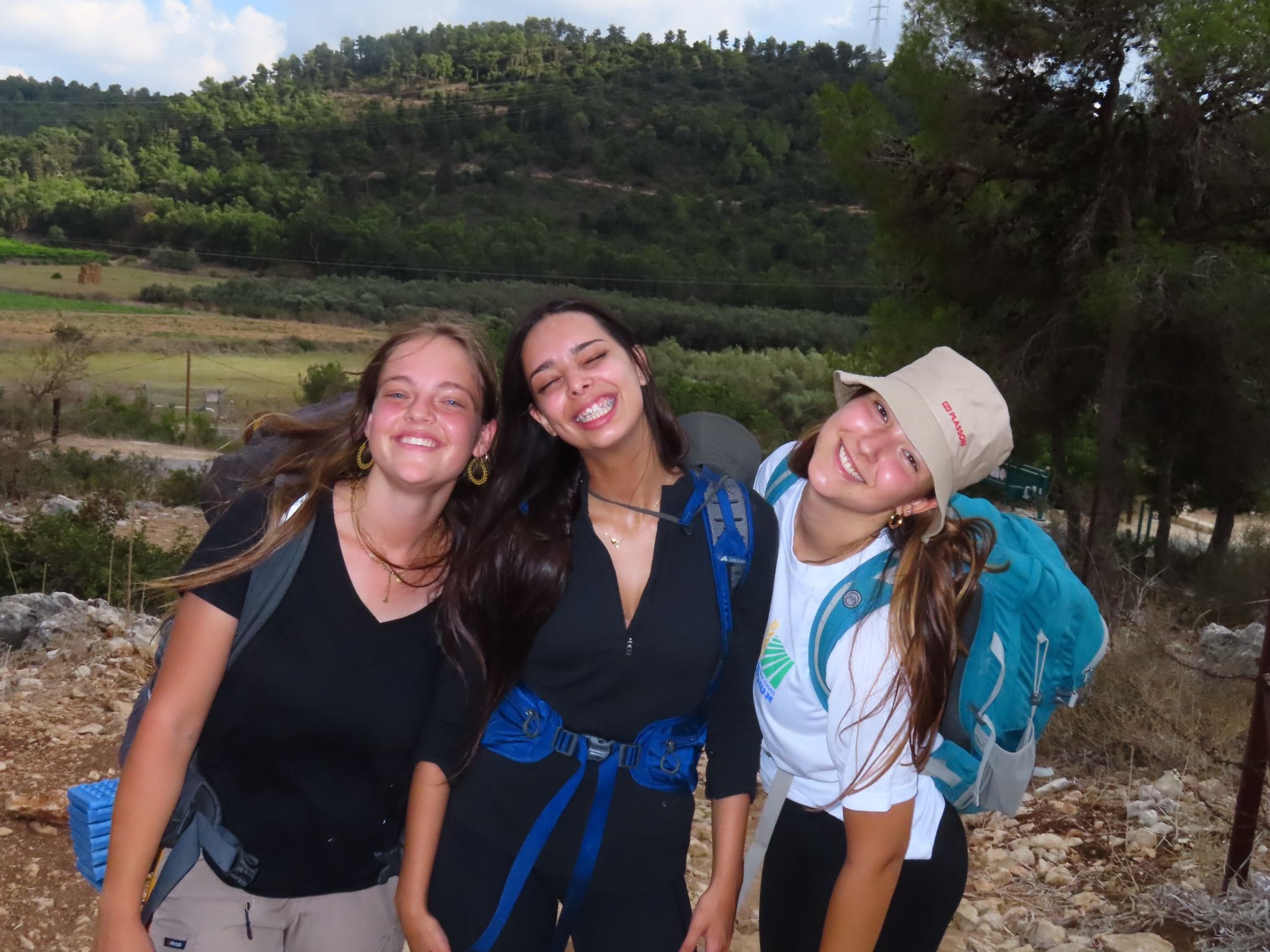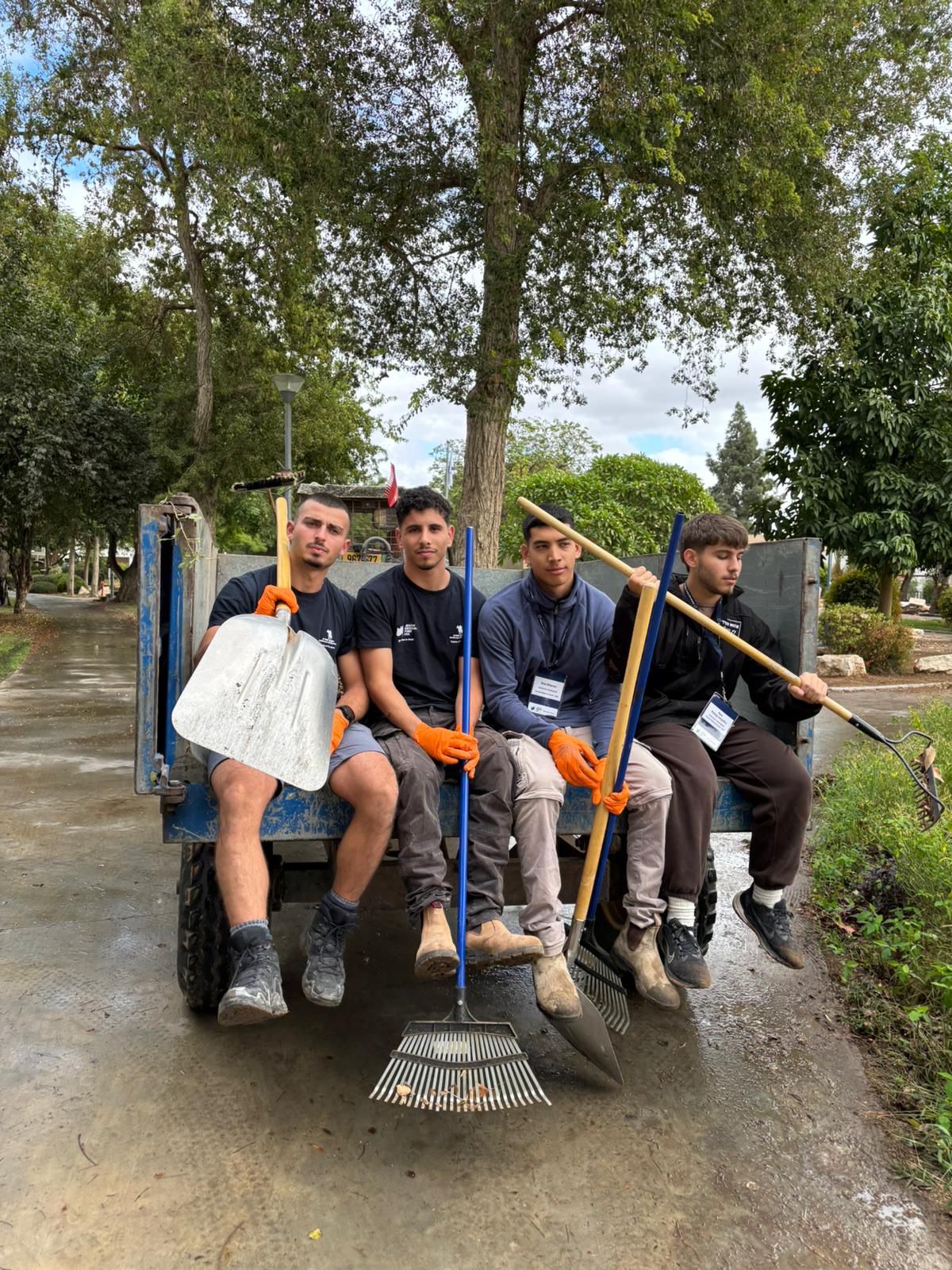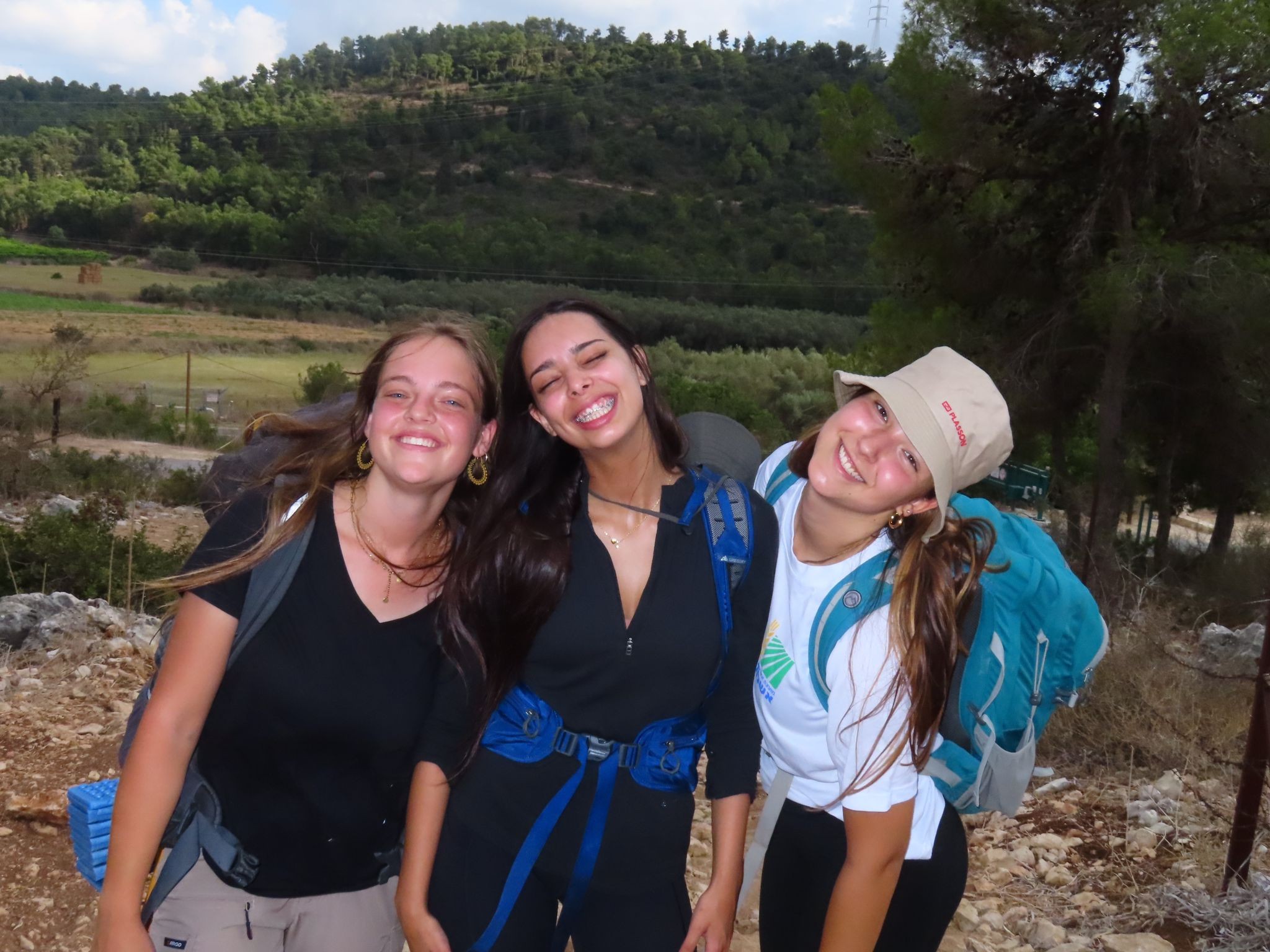Youth from Israel’s southern Eshkol region have chosen to spend their year of service close to home, helping their communities—and themselves—recover physically and emotionally from the horrors of October 7.
Eliya Cohen*, an 18-year-old from Kibbutz Nir Yitzchak, wakes up at dawn every morning to do agricultural work in the fields of a local farmer. “The land needs healing, just like we do,” she says. After her morning shift, she heads to the nearby school where she mentors younger students still grappling with the trauma of last year’s events. “I couldn’t imagine being anywhere else,” she adds. “This is home.”
After October 7, a group of inspiring teenagers from the Eshkol region along the Gaza border made a bold decision: to spend their Shnat Sherut (pre-army service year) close to home. Defying convention, these young leaders are channeling their energy into rebuilding their community while fostering their own recovery and resilience.
Young israeli volunteer
Their mission goes beyond traditional volunteering. It’s about empowerment—taking charge of their future despite the harsh reality they’ve experienced. While they could have chosen to serve far from home, their hearts pulled them back to Eshkol, where they can make the greatest impact and where their support is needed most.
A Defining Moment: October 7
The October 7 massacre hit older teens especially hard. Fully aware of the gravity of the situation, they felt powerless as their world unraveled, while at the same time they had no say in their next steps. With many of their families evacuated, a determined group of teens chose not to be victims of circumstance. They stayed close to home, living together in a boarding-school-like set up in their local high school until graduation.
Their unity became both a lifeline and a launching pad for meaningful action.
Building Community Resilience
After graduation within one of the most difficult years of their lives, and faced with the question of what to do next, they opted for a pre-army service program known as Shnat Sherut (Shin-Shin). While such programs usually send participants far from home, these teens partnered with the regional council and JNF-USA to create the Eshkol Shnat Sherut Program.
A few dozen youngsters now live together in a structure near Kibbutz Magen as a commune, sharing meals they prepare themselves, and supporting one another. Each day, they head out to make a difference: working in agriculture, maintaining community facilities, assisting seniors, and helping in schools. Afternoons are filled with after-school programs like soccer, judo, robotics, and special-needs activities. They also organize weekly activities for children in the region and are hosted for Shabbat by local families.
“Their commune works hand-in-hand with the communities in Eshkol and evacuated communities, in formal and non-formal educational frame-works throughout the region,” said Omri Elias, manager of the Eskhol Shnat Sherut Program. “The youngsters work to help the communities come together again, and to return to live and thrive in the region.”
“The group represents optimism for the residents of the region.”
Empowerment in Action
JNF-USA recognizes that these young leaders, having endured the same trauma as the children they mentor, are uniquely equipped to help.
Despite their youth, these teens embraced leadership roles. They played an active role in selecting HaShomer Hachadash, a JNF-USA affiliate dedicated to protecting Israeli lands, as the program’s operator.
“This is the future generation of Israel’s frontier,” said Yoel Rosby, JNF-USA's National Projects Coordinator in Israel. “These kids chose responsibility over resignation.”
He emphasized that empowering young people to shape their environment is key to overcoming trauma and ensuring the region’s long-term stability.
“This investment was one of the most emotional, impactful decisions we could make,” Rosby added. “We don’t yet know the full catalytic effect this program will have, but these teens are building a future—not just for themselves but for generations to come.”
Courage and Commitment
For 18-year-old Ron Peleg Uziyahu from Ein HaBsor, staying in Eshkol was an obvious choice. “We decided to do our service davka in Eshkol because there’s nothing more important than rebuilding our home. Nobody knows our region better than we do.”
Naomi Gafner, another program member, teaches judo to local kids. “I’ve learned more about Eshkol in the past three months than in my entire life,” she reflected. “It’s so important that we’re here, doing what we’re doing.”
Naomi added, “I couldn’t have asked for a more meaningful Shnat Sherut. I feel like I’m giving back, and the community’s appreciation gives me a sense of purpose and belonging.”
She concluded, “When I join the army next year, I’m sure I’ll look back in awe at how much I contributed and grew through this experience.”
Israeli teens immerse themselves in israel's diverse landscapes
Shaping the Future
By choosing to stay, rebuild, and strengthen bonds with their neighbors, these teens have become champions of recovery.
“JNF-USA couldn’t stand idly by and not support such a transformative program,” Rosby said. “The impact of their work will resonate far beyond this year.”
“This is empowerment in its purest form.”
* Some names have been changed for privacy reasons




